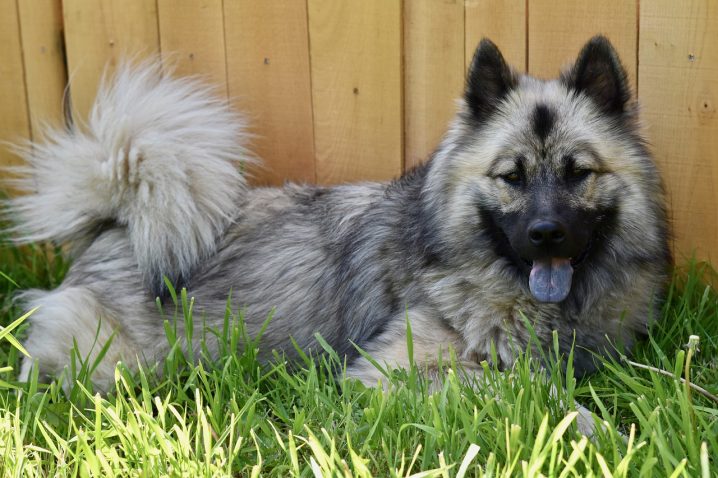All dog owners are lucky – they have a best friend that will never let them down. Most dogs are loyal, playful and they are always there to comfort their owners. However, even our four-legged friends need a little help sometimes. Especially when they are sick. You have probably gone through a lot with your dog already: sudden pain, diagnosis, surgery. Finally, your dog is back home, and now it is your responsibility to be there for them. According to a pet-friendly website Petsho, usually, it takes up to three weeks for dogs to heal.
The first few days your doggy will be quite dizzy, sleepy and tired. He might vomit, have no balance and appetite. So, home care is necessary for fast healing. The first thing you should do is to ask your vet about your pet’s condition and post-surgical care instructions. Only the vet can prescribe your pet medication, don’t buy anything extra.

The temperature
Your pet will still feel the effects of the anaesthesia once you take him home. It means, he will not be able to understand whether it is cold or hot. That’s why you need to make sure the temperature of the room is normal. Your veterinarian should monitor your dog’s progress so try to keep all follow-up appointments.
Play
Dogs are usually very playful and social but the first two weeks after surgery you should keep your pet isolated. You shouldn’t go to the park since other dogs can play too intensely or lick the wounds of your doggy. Let’s not forget that your pet will also be disoriented and behave differently – this is one of the results of anaesthesia. Since your dog is too weak, you shouldn’t provoke him to play. Let him just relax.
Walk
Even though your dog isn’t strong enough, he can’t stay all day long at home like a cat. More than that, after surgery your dog is likely to urinate more than usual because of the IV fluids he received. In some cases, you will need to take him outside every three hours. Don’t be mad if the doggy pees in the flat – he is not able to control it because he is simply disoriented.
Feeding
Some pets don’t eat after surgery, but it can be different for your pet. You can offer your dog some bland food such as hamburger meat or boiled chicken. Make sure to give a little portion since there might be some vomiting on the first day.
Another important thing is to give enough water. Your dog might not even understand he is thirsty (once again it is an outcome of the anaesthesia).
Licking
Dogs don’t understand that licking their wounds is not a good idea. If the situation is out of control, consider putting on your dog a plastic collar. Don’t worry, your pet will get used to eating, walking and sleeping in it. You can easily remove a plastic collar in a week.
Contact the vet
When something goes wrong, contact your veterinarian. You need to make an appointment in case your dog losses appetite, or if your dog is too quiet and refuses to move. Even though vomiting is a normal reaction on the first day after surgery, it can actually be the sign of a problem. If your dog has diarrhoea or vomits frequently, it indicates a complication.
Rest
The first days after surgery your doggy might want just sleep. Don’t worry about it, it is a normal reaction. You should actually limit the movements of your four-legged friend for some time since it is the only way for him to heal. In some cases, your vet will recommend not to go for walks first, but it will mostly depend on the condition of your dog. Even though you want to be with him, play and cuddle, try to avoid it. Your vet will tell you when you can be active again.



